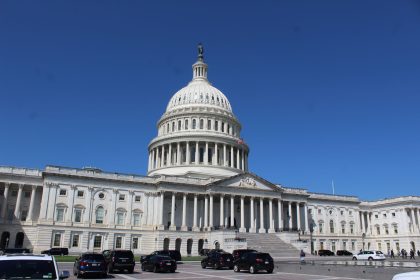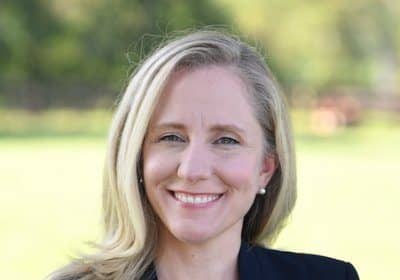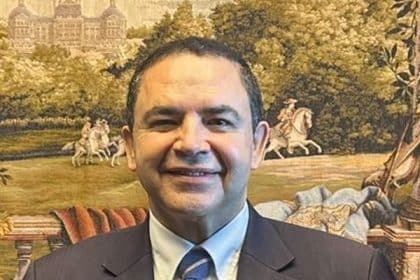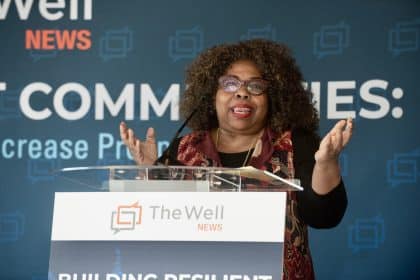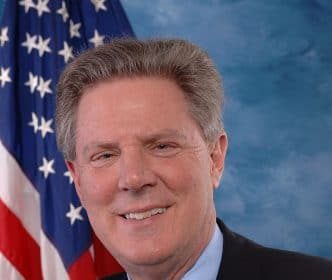Rep. Kilmer: What Do We Want? When Do We Want It?
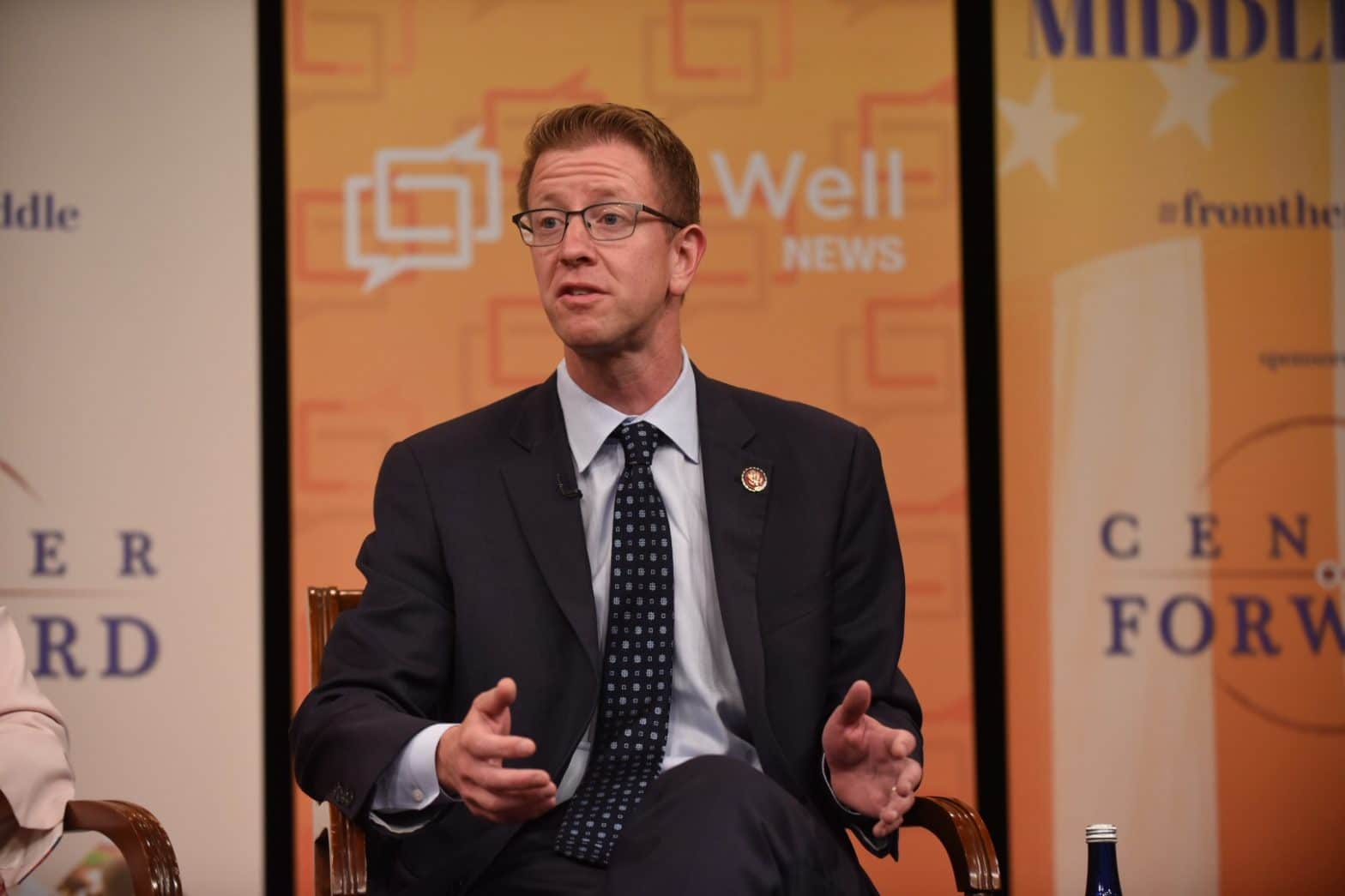
WASHINGTON — A smile spread across Rep. Derek Kilmer’s face.
Chairman of the New Democrat Coalition, the largest caucus of centrist Democrats in the House, he’d just been asked how one can break through all the hyper-partisan noise in the public sphere and shine a spotlight on the meaningful work being done in Congress.
“It’s a great question,” he said. “I persistently joke that if the New Democrats held a rally on the steps of the Capitol and I yelled, ‘What do we want?’ Everyone would yell back, ‘A comprehensive approach to job creation that includes infrastructure, investment, work and a smarter approach to taxes and trade.’
“And then if I yelled, ‘And when do we want it?’ They’d yell, ‘We’re just hoping to work in a collaborative way.'”
As the laughter Kilmer inspired died down, he deadpanned, “no one comes to my rallies.”
As a moment of levity, Kilmer’s jest was one of many memorable moments at “Legislating from the Middle,” a forum sponsored by Center Forward and hosted by The Well News at the Newseum’s Knight Center on Thursday.
But it also underscored a serious point, that passing meaningful legislation with bipartisan support is serious work and, for a host of inexplicable reasons, something that rarely gets the attention it’s due.
Kilmer has represented Washington state’s 6th Congressional District since 2013, having run initially at the personal request of his predecessor, retiring Democratic Rep. Norman Dicks, who had served the district in northwest Washington for 36 years.
Kilmer recalled how floored he’d been by Dicks’ March 2012 call and how, after he called his wife, it led to the “longest and most serious dinner” of his marriage. During the dinner, which took place at a local Indian restaurant, Kilmer and his wife wrote up pro and con lists.
“On the top of the pro list was our feeling that we’ve got to get people working,” he said, explaining the area he now represents had largely been bypassed by the economic growth that had occurred in Seattle and Silicon Valley.
On the top of the con list was the fact that he and his wife had two young children at the time, and that “I found much of what I saw in Washington, D.C., entirely repellent … things weren’t working like they ought to.”
Throughout the dinner, Kilmer kept going back to the cons, wondering if he was interpreting it the wrong way.
“I kept thinking … maybe these are reasons to do it … because I’ve got kids and it’s broken and, frankly, needs to be fixed. And that’s absolutely what influenced my approach to this job.”
Kilmer joined the New Democrat Coalition almost immediately upon his arrival in the Capitol, drawn to its mission of looking at old problems through a new lens.
“For instance, when it came to discussions around economic policy, it wasn’t simply of renewed conversation about redistributing the wealth and how to split the pie … we talked about how to grow the pie and make sure that people have economic opportunity regardless of what ZIP code they live in.”
Boasting 103 members, the New Democrat Coalition is the largest ideological coalition in the Democratic caucus. The common denominator among the people who join it is they all traveled to Washington to get things done and move our country forward.
In short, they are people who refrain from seeing the federal government either as the problem or the solution to all problems. “Instead we say, ‘How do you reinvent government to make it work better on behalf of the American people?’ And I’m excited about that,” Kilmer said.
“That kind of thinking lends itself to working across the aisle because, frankly, the vast majority of America does not care whether [Congress] moves more to the left or more to the right. They just want us to stop moving backwards and start moving forward,” he said.
Disclosure: The Well News is partially owned by Cori Kramer, the executive director of Center Forward.


















